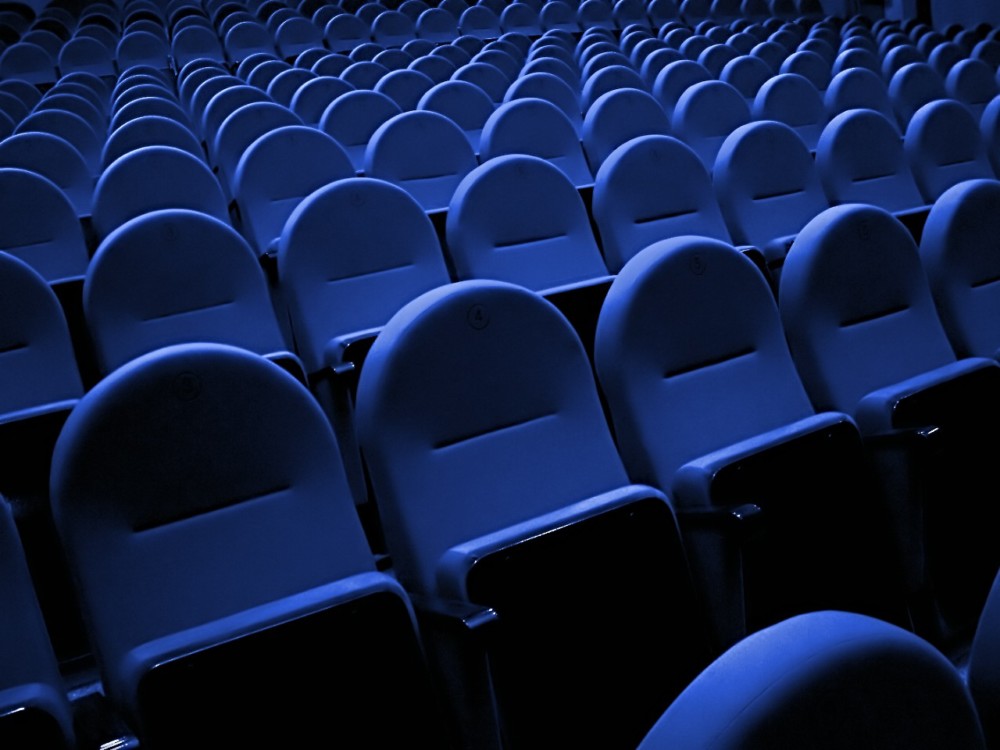A couple conversations I’ve had with friends in the last week or two inspired me to do a post here about films. I’m certainly not a movie buff, but watching them is a hobby I really enjoy. In the last few years, I believe that trademarks have had a major impact on the direction of Hollywood, and movies in general.
Here’s my theory: Hollywood is increasingly relying on brand recognition (which is built upon trademarks) when choosing which movie projects to fund. This idea is not some groundbreaking discovery. In fact, it is probably somewhat silly to even call this a “theory.” But I would just like to demonstrate exactly how this is occurring in 2016, and try to explain why, as well.
Movie Examples
Remakes
Movie remakes are based on an earlier film, and tell the same story. Examples from this year include:
- Ben-Hur
- Pete’s Dragon
- The Magnificent Seven (the original Magnificent Seven was actually a remake of Seven Samurai)
Reboots
A movie reboot actually discards the continuity of a previous movie or series, but is set in the same world. The “soft reboot” is also becoming increasingly popular. It is set in the same world as the original, but does not discard the continuity of previous films. Here are some examples:
- Ghostbusters
- Jurassic World (Soft Reboot)
- Star Wars Episode VII: The Force Awakens (Soft Reboot)
Sequels
Movie sequels (and prequels) add onto the story of the original film(s). These have been popular for a very long time, and we still see a lot of them made. Some are even pretty good.
Film Universes
This is a more recent movie trend. A lot of films are now set in the same universe, even though their stories and characters are not always that related. Here are some examples:
- The Marvel Comic Universe – This one is probably the biggest example today. Marvel now sets all of its films in the same universe. This means that characters may cross-over into other Marvel movies (ex. Captain America: Civil War). Events in one film series may impact another. Basically, everything is connected.
- Star Wars – While Star Wars up to this point has been a series of related films with a linear episode structure, that is about to change. This year, Disney will release Rogue One, the first of several “standalone” Star Wars stories. Disney is expanding Star Wars into a film universe this way.
What do these kinds of movies all have in common? They aren’t completely original. They are all based on something that has already been made. And this is where trademarks come into play.
Branding and Familiarity
A movie is a large financial risk for any studio. While putting in big name actors and directors might give a film credibility, it certainly does not guarantee success. Movie studios therefore want to reduce their risk by making things that have already proven successful. This is why they are focused on going back to the well with big-name movies and movie series.
Like other trademarks, big movie franchise names make a connection with people. When people think about GHOSTBUSTERS, they might remember the first time they saw the film and how funny they thought it was. JURASSIC PARK might make you remember how you were blown away by the special effects, or how scared you were when you saw the giant T-Rex. Movie studios are counting on those memories, and that moviegoers will want to see a new version based on their nostalgia or previous enjoyment of the franchise.
Past success does not guarantee future success, of course. Many of these reboots and remakes have flopped. That might be because they were poorly marketed and advertised. Or maybe audiences do not want to risk sullying the brands they fondly remember. They may just see some of these films as money-grabs by the studios. Clearly there isn’t a single formula for a successful blockbuster. However, executives will continue to lean on their valuable movie trademarks and brands to avoid risk.
If you have a trademark matter to discuss, please call me at (480) 360-3499, email me at kevin@yourtrademarkattorney.com, or complete the contact form found on this page to schedule your free initial consultation today. I look forward to speaking with you.


